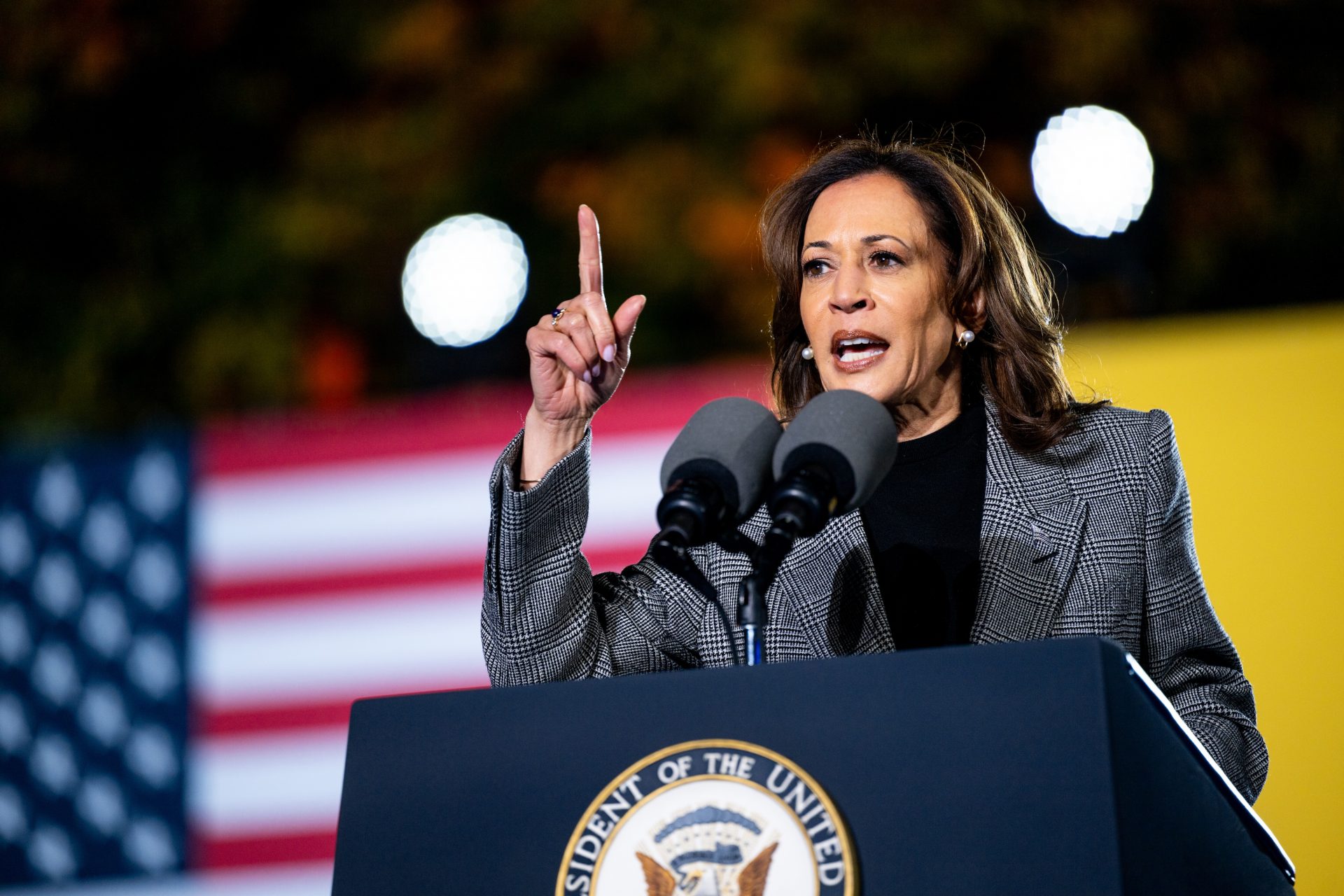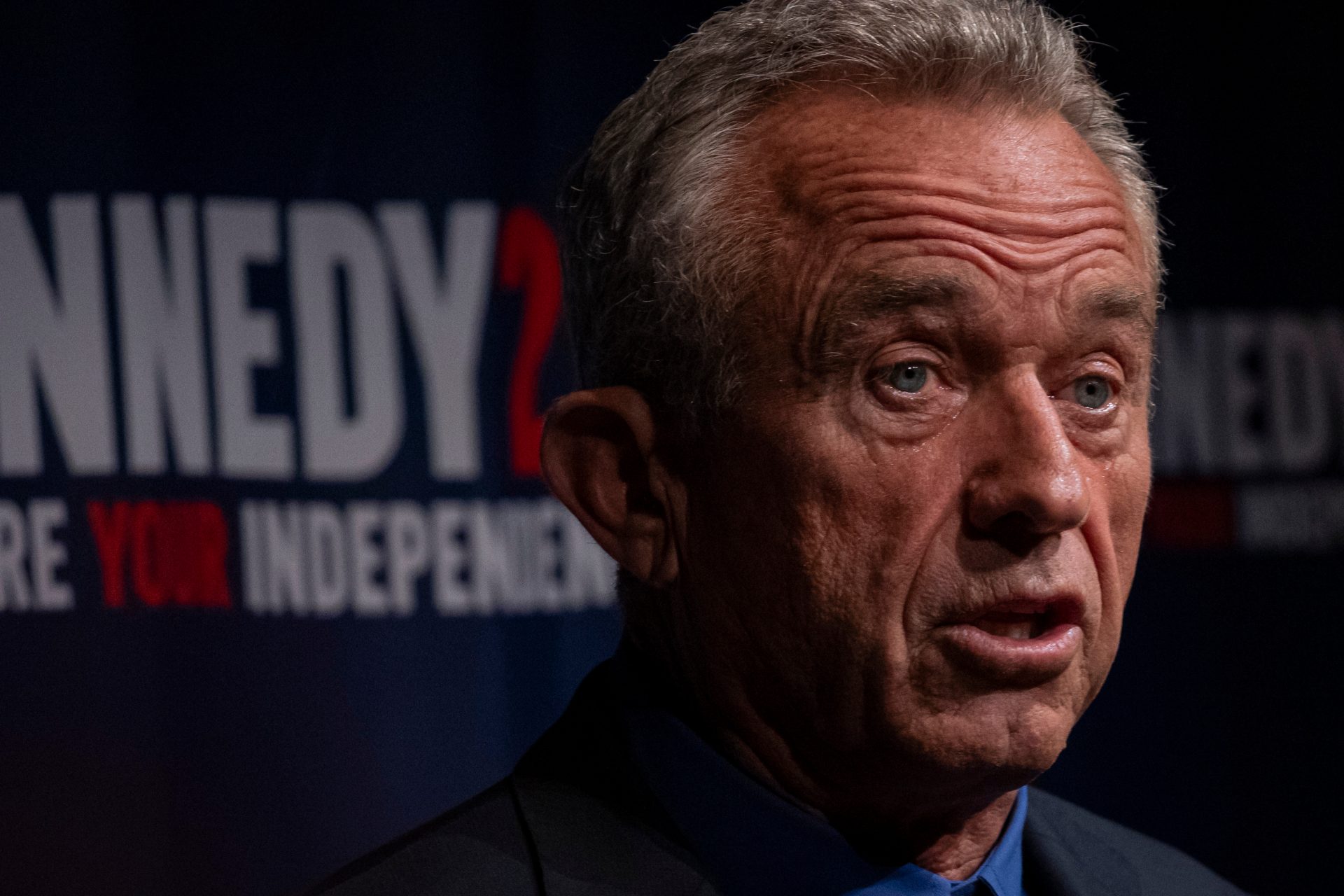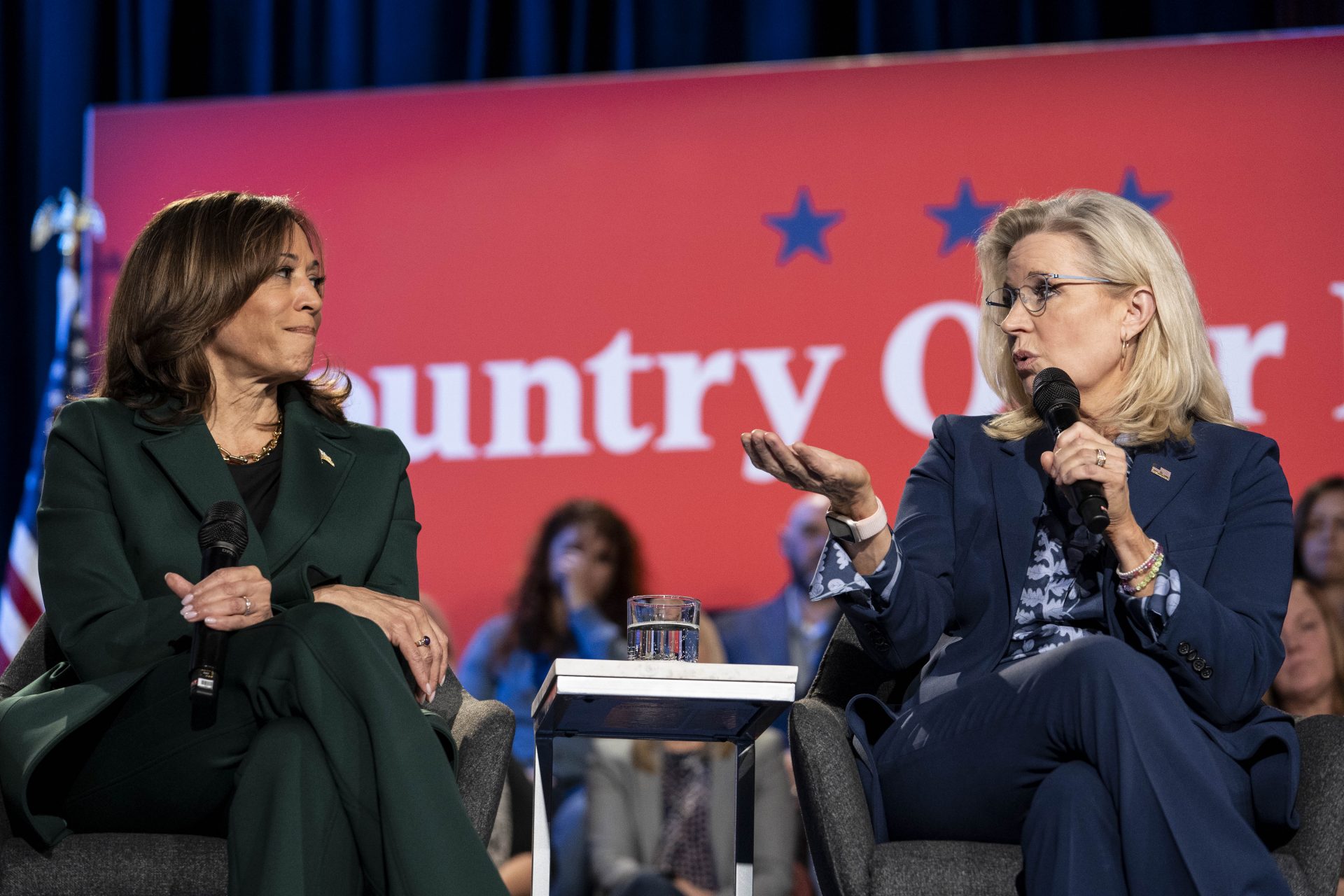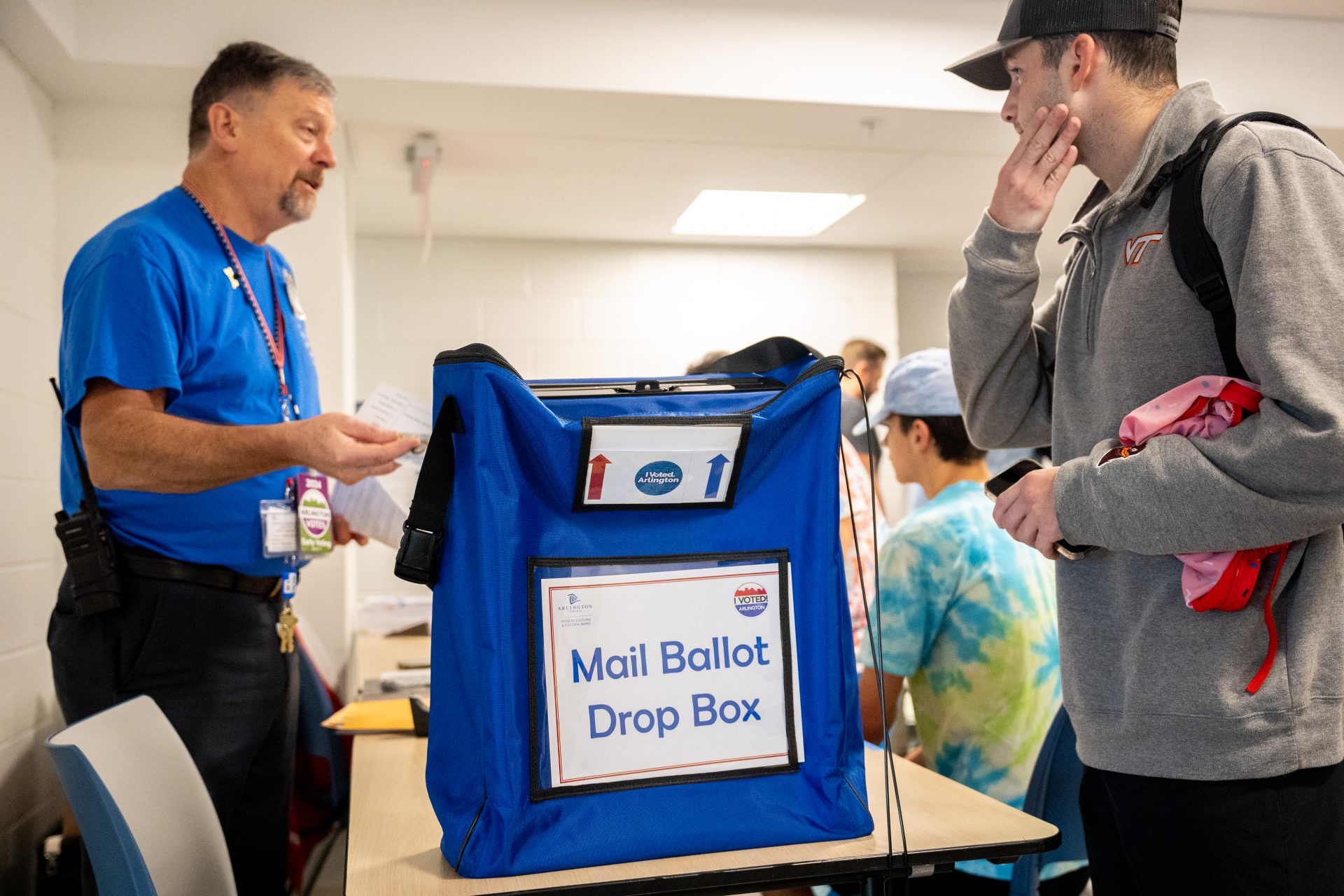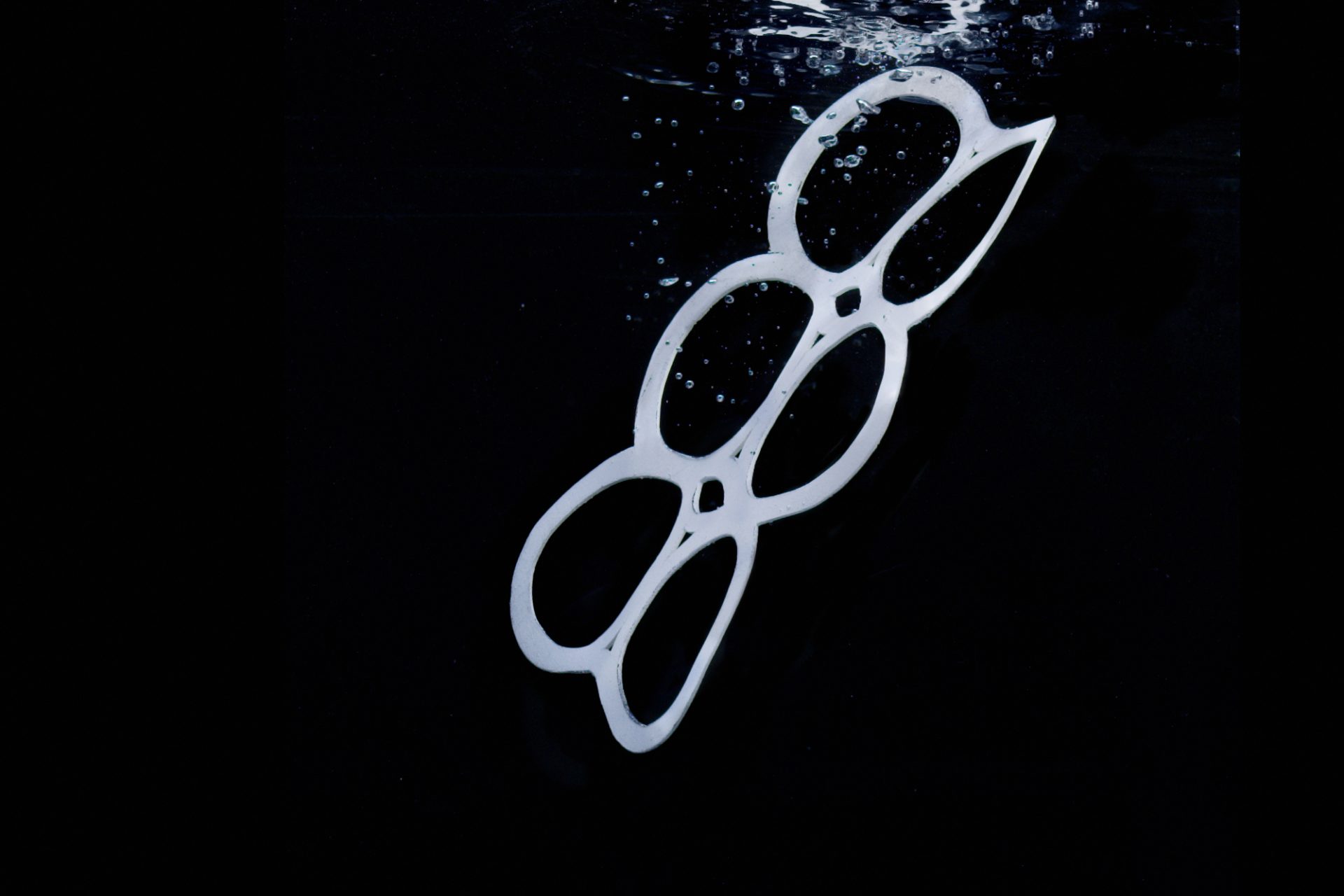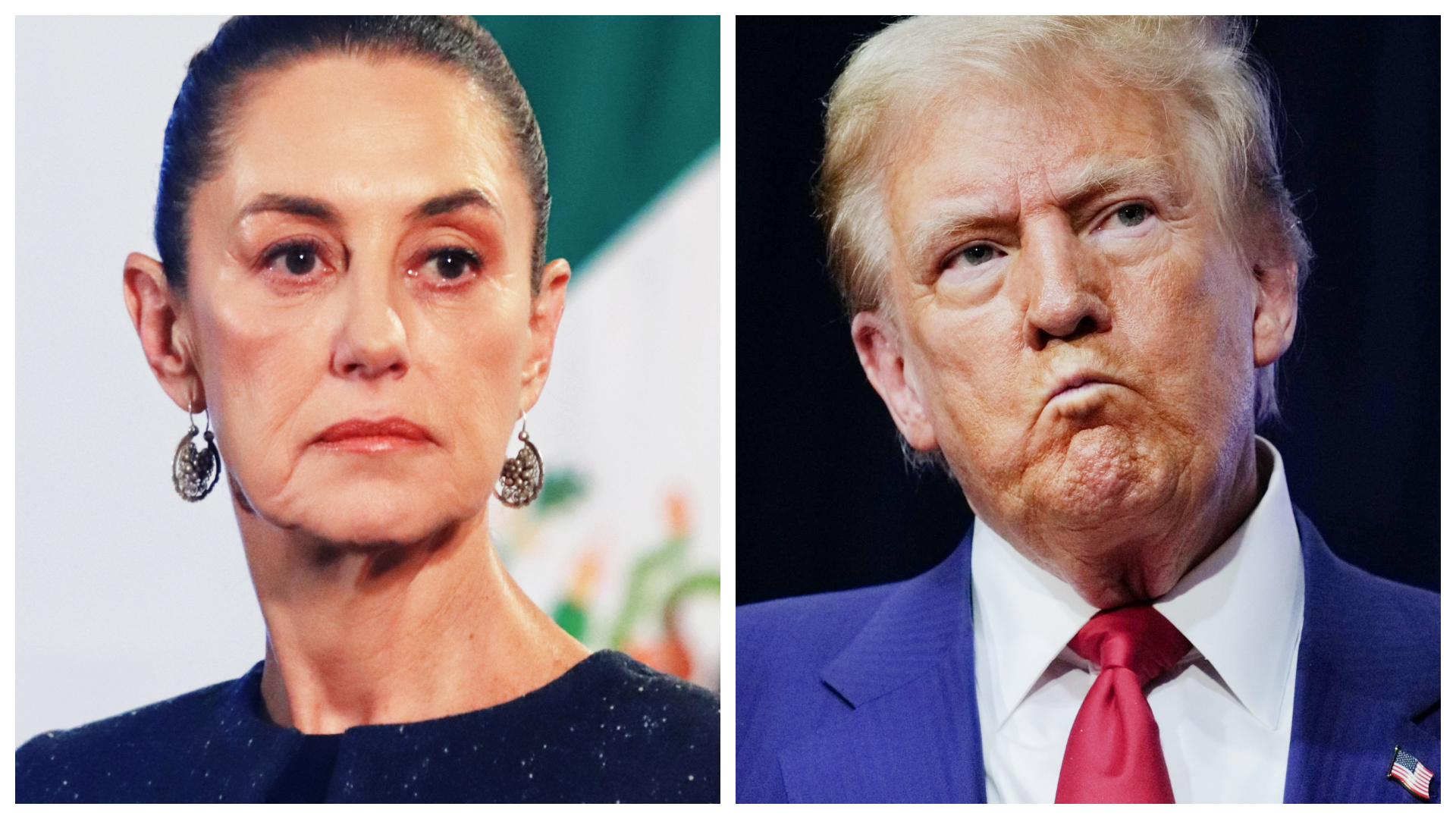Why is everyone from Jeff Bezos to Gwyneth Paltrow predicting a recession?
Near the end of last month, Amazon founder Jeff Bezos set off alarm bells nationwide when he warned that an economic downturn was coming.
In a post on Twitter agreeing with Goldman Sachs CEO David Soloman's assessment of the dire economic situation, Bezos wrote, “Yep, the probabilities in this economy tell you to batten down the hatches.”
Bezo’s cautionary Tweet was just another in a long list of warnings issued by important global figures, and it came just as the American economy showed increasing signs of slowing economic activity as sweeping layoffs and rising labor costs have wreaked havoc on businesses.
The Gap is just one example of the growing layoff trend. The Wall Street Journal reported that the company planned to lay off 5% of its workforce because of slowing economic growth.
"We've let our operating costs increase at a faster rate than our sales, and in turn, our profitability," Gap's interim CEO, Bob Martin, wrote in a memo to employees.
But layoffs aren’t just affecting brick-and-mortar retailers. Every industry is seeing massive layoffs, especially the tech industry, which was hit particularly hard by the slowing economic environment.
In July, the online eCommerce website service Shopify cut 10% of its workers, roughly 1000 employees, from its global workforce after the company gambled big on a post-pandemic online-buying boom.
"It's now clear that bet didn't pay off,” Shopify CEO Tobi Lutke wrote in a letter posted on the company’s website, “Ultimately, placing this bet was my call to make and I got this wrong."
But even more slowing in online sales forced Shopify to cut an additional 70 positions in September, with more cuts feared to follow if the upcoming holiday seasons don't reverse consumer trends. But do reduced consumer spending and growing layoffs mean a recession is coming?
A recent World Bank report noted in mid-September that while forecasts for global growth have been downgraded significantly, they do not point to a likely global recession in 2022-2023. But the report also stated that there are two factors present in today's economy that have preceded major previous recessions.
“First," the World Bankreport claimed, "every global recession since 1970 was preceded by a significant weakening of global growth in the previous year, as has happened recently."
“Second," the report argued, "all previous global recessions coincided with sharp slowdowns or outright recessions in several major economies.”
While the United States seemed to be on the precipice of an economic slowdown, statics from the Bureau of Economic Analysis actually indicated that consumer spending, the bedrock of the American economy, rose by 0.6% in September 2022. However, this hasn’t stopped influencers and celebrities from voicing their opinion.
Gwyneth Paltrow raised eyebrows back in the middle of October when she remarked in an interview with the Hollywood Reporter, “The economy sucks. I’m just worried about next year and how bad the recession’s gonna be. I was up last night worrying about everything at three in the morning!”
In an interview with CNN, Treasury Secretary, Janet Yellen, said that she did not see any signs that a recession was imminent and that she didn't believe the American economy was going to experience a recession in 2022-2023.
“Look, what we’re seeing right now is solid growth this quarter. Growth has obviously slowed following a very rapid recovery from high unemployment,” Yellen said about the possibility of a recession, “We’re at a full employment economy. It’s very natural that growth would slow. And it has over the first three quarters of this year, but it continues to be OK. We have a very strong labor market. I don’t see signs of a recession in this economy at this point.”
The honest answer is: time will tell. Many important work leaders and business icons believe something is coming, but on the other hand, much of the economic data suggests that the world is only suffering from an economic contraction and might just avoid a full-blown recession. I guess we will have to wait and see.
More for you
Top Stories




















